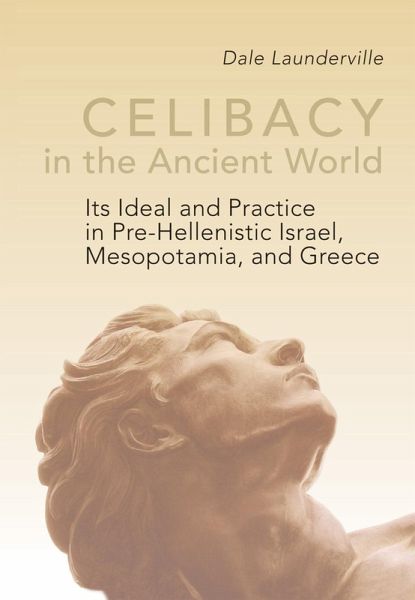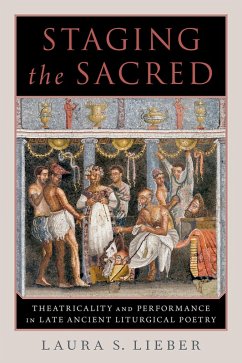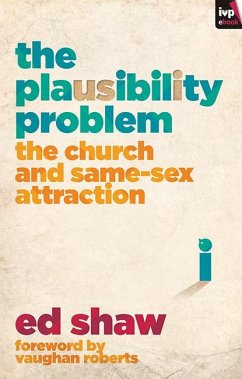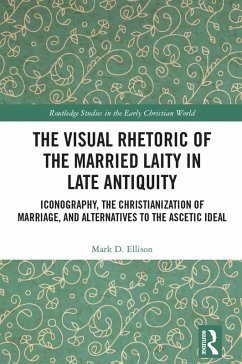
Celibacy in the Ancient World (eBook, ePUB)
Its Ideal and Practice in Pre-Hellenistic Israel, Mesopotamia, and Greece

PAYBACK Punkte
22 °P sammeln!
Celibacy is a commitment to remain unmarried and to renounce sexual relations, for a limited period or for a lifetime. Such a commitment places an individual outside human society in its usual form, and thus questions arise: What significance does such an individual, and such a choice, have for the human family and community as a whole? Is celibacy possible? Is there a socially constructive role for celibacy?These questions guide Dale Launderville, OSB, in his study of celibacy in the ancient cultures of Israel, Mesopotamia, and Greece prior to Hellenism and the rise of Christianity. Laundervi...
Celibacy is a commitment to remain unmarried and to renounce sexual relations, for a limited period or for a lifetime. Such a commitment places an individual outside human society in its usual form, and thus questions arise: What significance does such an individual, and such a choice, have for the human family and community as a whole? Is celibacy possible? Is there a socially constructive role for celibacy?
These questions guide Dale Launderville, OSB, in his study of celibacy in the ancient cultures of Israel, Mesopotamia, and Greece prior to Hellenism and the rise of Christianity. Launderville focuses especially on literary witnesses, because those enduring texts have helped to shape modern attitudes and can aid us in understanding the factors that may call forth the practice of celibacy in our own time. Readers will discover how celibacy fits within a context of relationships, and what kinds of relationships thus support a healthy and varied society, one aware of and oriented to its cosmic destiny.
Dale Launderville, OSB, is professor of theology at Saint John's University School of Theology/Seminary, Collegeville, Minnesota. He is the author of Piety and Politics: The Dynamics of Royal Authority in Homeric Greece, Biblical Israel, and Old Babylonian Mesopotamia (Eerdmans, 2003) and Spirit and Reason: The Embodied Character of Ezekiel's Symbolic Thinking (Baylor University Press, 2007).
Dieser Download kann aus rechtlichen Gründen nur mit Rechnungsadresse in A, D ausgeliefert werden.













